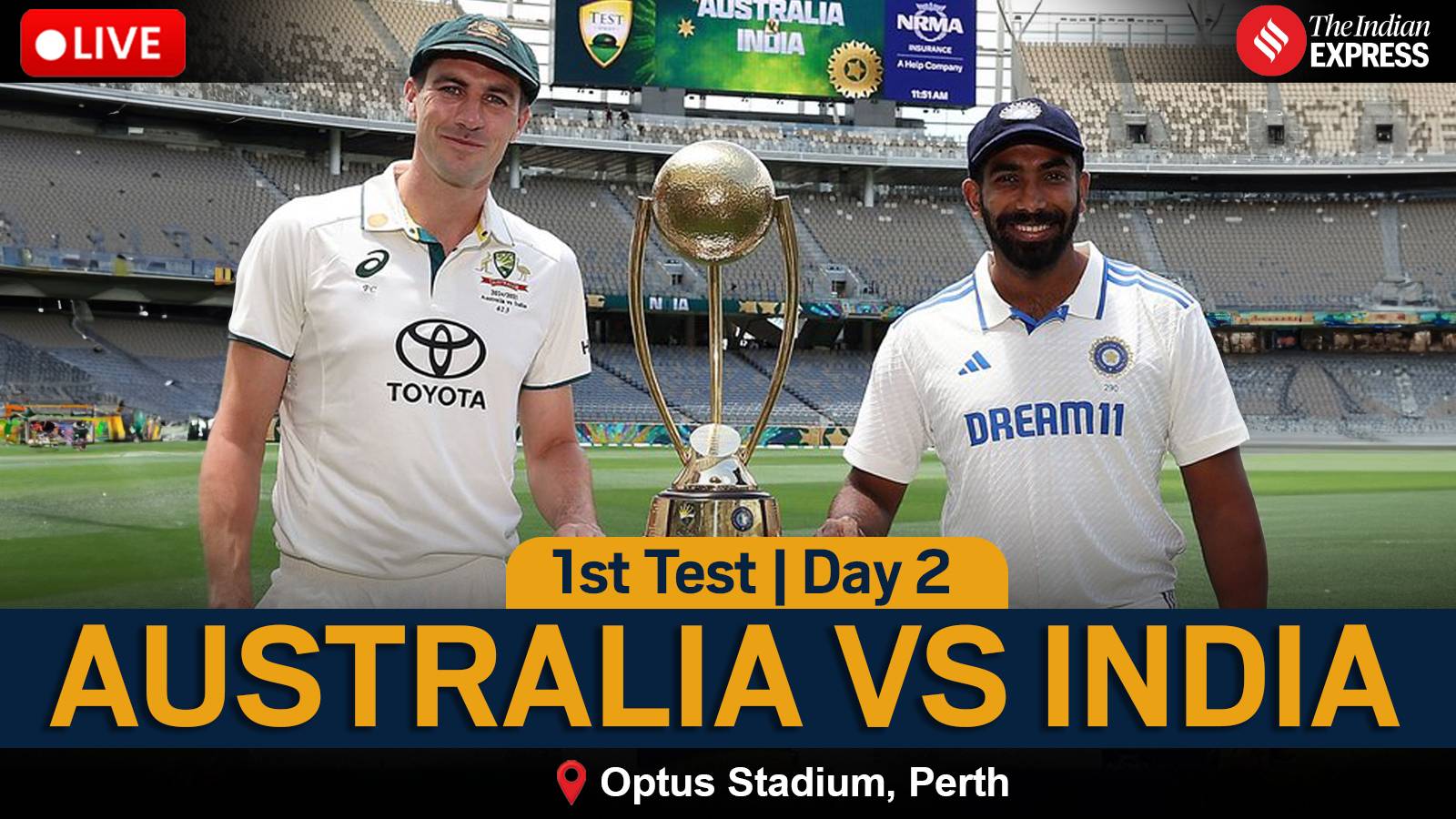England Women are using artificial intelligence (AI) to inform selection using a system head coach Jon Lewis says proved crucial in last year’s drawn Ashes series.
Lewis was first exposed to the technology, provided by London-based company PSi, while coaching UP Warriorz in the inaugural WPL last year. He has since spoken with the likes of England Rugby Union coach Steve Borthwick about the system, also used by English rugby league side Wigan Warriors and English Football League One side Wigan Athletic, which allows coaching staff to simulate various match-ups and scenarios.
“We are able to run simulated teams versus the simulated opposition to give us an idea about how those teams may match up against each other,” Lewis said on Friday after revealing England’s white-ball squads to host Pakistan from next week.
“I can send multiple different lineups to the company and they run, I think it’s about 250,000 simulations per team that I send with all the different permutations that could happen through the game.
“What I would say is it’s not how we select the side, but it’s one part of selection that we use to help understand what could possibly happen in the future. We used it very successfully in the Ashes last summer with match-ups against the Australian side.”
Lewis said the research methods were impacted somewhat by a gap in the quality of historical data in the women’s game, a situation he believes will improve amid an increasingly packed international schedule and growing franchise scene. And while he said the tool was particularly useful in helping to make borderline selection calls, he would always opt for a people-first approach.
“Obviously we’re on the ground with the people and that’s probably the first thing that we look to in terms of selection, which people are playing well, we use our cricketing eye,” he said. “But it’s one small part of what we do and it’s really interesting, and it played out really well last summer against Australia.
“I think it will help with borderline decisions in terms of selections and match-ups. Will it ever be at the front, the thing that selects the team? I would say, in my view, no. Other coaches may feel very differently, but it is really interesting.”
Lewis pinpointed the T20I leg of last summer’s Ashes, which England won 2-1 to get back into the series after the loss of the one-off Test, as a moment when AI came to his aid in weighing up the merits of two players who were “both in really good form and were both really selectable”.
“There was one selection in particular last year,” he said. “We saw a real strength in Australia and we matched up our strength, our best bowlers, to that part of the game against Australia last year. That worked really, really well for us. That helped us win the T20 series in particular and that got us back in the Ashes.
“The players were both players that I was thinking about picking. So it did help me with those selections and it turned out that it worked out really well. So yeah, it can help selections, but my go-to would be get your people right first, get them all in the right head space, get their games in order, and then use data to support around selection.”
From data to people, England have just completed a bonding trip to the Lake District, which involved a number of team-building exercises including cold-water swimming, designed to see how players responded in situations that, for many, were outside their comfort zones.
“We spend a lot of time in the nets and we spend a lot of time thinking and practising about how to improve those parts of our game,” Lewis said. “However, the game of cricket is a real tactical game. It’s a game of chess. You need to be able to be a really clear thinker under pressure and you need to be able to manage the anxieties that are around cricket, not only on the field, but the anxieties that all players face off the field as well.
“We worked a lot on how to manage anxiety and how to manage pressure and to do that, sometimes you’ve got to take players out of the environment that they’re normally in. When you do that, you take away, I suppose, the hierarchy of the group a little bit and everyone becomes very even. Then what you start to see is different people voicing opinions, different people giving advice to each other, and I suppose the group connecting on a different level than they would do around cricket.
“We did a really powerful session around facing our fears and the girls were really, really honest about what their fears were around being part of an England cricket team. There was some really interesting stuff that came out of that and that will really help us as a coaching group manage our players and help them to become more rounded people first and then better cricketers at the same time.
“The players, some of them liked the activities that we were doing and some of them didn’t, and that caused different types of stresses and hopefully we help them with some ways to deal with those things.”
I’m Manas Ranjan Sahoo: Founder of “Webtirety Software”. I’m a Full-time Software Professional and an aspiring entrepreneur, dedicated to growing this platform as large as possible. I love to Write Blogs on Software, Mobile applications, Web Technology, eCommerce, SEO, and about My experience with Life.





